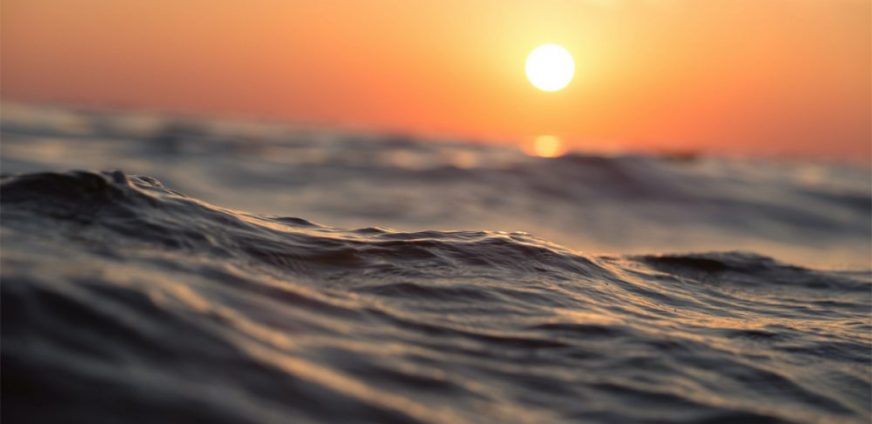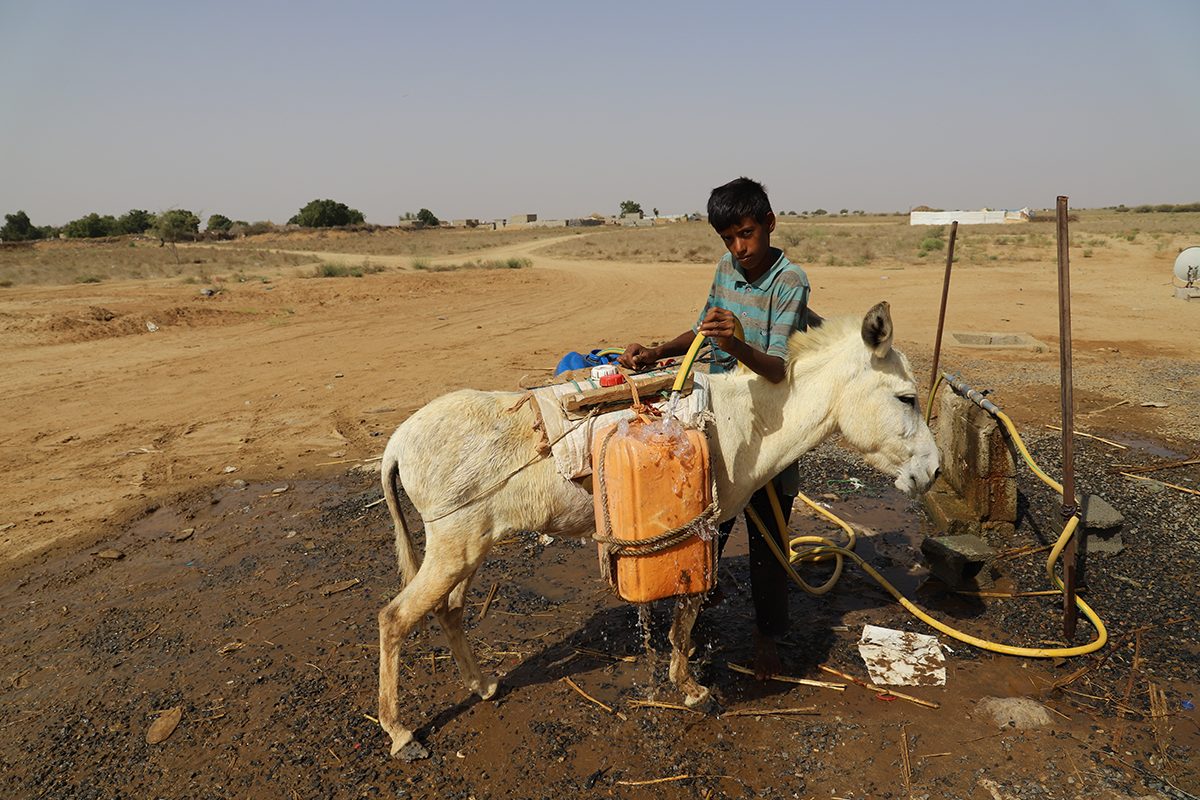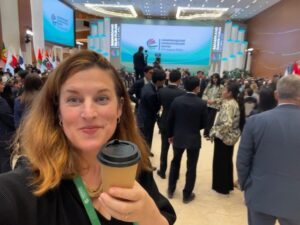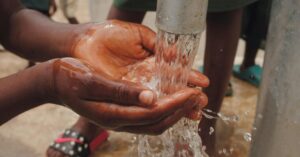Governing aquifers across borders is critical for cooperation and peace
When talking about conflict, cooperation, and peace, groundwater – invisible under our feet – may not be the first water resource that comes to mind. However, as competition mounts over freshwater, the interest in preserving shared aquifers increases.
History contains many examples of conflicts involving the poisoning of wells to deny enemies access to potable water. Groundwater is at risk also in modern warfare; shared aquifers may be depleted by more technically advanced countries capable of drilling deep boreholes and installing powerful pumps that neighbouring states or communities do not have access to.
Civil war situations can be aggravated by domestic groundwater scarcity, as in Yemen, involving ‘weaponization of water’. Local, small-scale conflicts play out in the face of competition for scarce resources. The fight over resources is often exacerbated by climate change, affecting communities on different sides of administrative borders (sub-national and state borders). In this example from Kenya, dug wells must be guarded from other villages. This has, for instance, prompted the Inter-governmental Authority on Development in Africa (IGAD) to establish clusters as a novel institutional framework to enable harmonization, regulation and promotion of cross-border interventions. Those clusters now support borderland peace dialogues.
Neglected groundwater resources in international cooperation
Most of the world’s large aquifers cross international borders and almost 600 transboundary aquifers (TBAs) have been identified. Nonetheless, a recent study by ICWC PhD candidate Stefan Döring has found that research on water scarcity and conflict largely neglects groundwater resources. Transboundary groundwater and surface water systems tend to be managed under different regimes, resulting in ‘hydroschizophrenia.’ Today, there are only eight international bi- or multilateral treaties on TBAs – in contrast to more than 200 surface water-oriented treaties.
“My research indicates that nations that share an aquifer may have poor awareness of its geographical extent as well as the socio-economic dependence on the groundwater from it” says SIWI’s Dr Jenny Grönwall, Advisor on Water Policy and Rights. On the 16th of November, she took part in a meeting organised by the Group of Friends on Water and Peace, set up under the Geneva Water Hub, that aimed to increase the visibility of shared groundwater systems and to transform them from a potential source of conflict to a catalyst for cooperation. “No collaborative arrangements are viable without information and knowledge – and the exchange of such, especially between the concerned aquifer states. But gathering of data is costly and lack of capacity impedes progress.”
“Nations that share an aquifer may have poor awareness of its geographical extent as well as the socio-economic dependence on the groundwater from it.”
The International Association of Hydrogeologists stresses that there is a need to improve field monitoring and data analysis. They suggest that such activities are well worth financing to avert potential water conflicts and attain water security. Additionally, decision-makers must pay attention to the social and political aspects on either side of the affected border(s). The active participation of women in water diplomacy is also critical to ensure the sustainable management of shared (ground) water resources, peace and stability, as shown in Central America.
Facilitating dialogue for better resilience
Concerted governance efforts and conjunctive management are key to consider surface water and groundwater as one common issue. In one case, from Canada–US, a transboundary agreement was negotiated and implemented by lower-level authorities, which involved public institutions representing the interests of their respective local populations. The agreement was subsequently recognized by upper levels of government.
In other words, diplomacy can matter also at the local scale, though we mostly see it as a multi-track process involving national-level ministries. In such larger scale processes, progress in dialogue facilitation and negotiations depends, to a large degree, on political will and commitments; established institutions; policy frameworks; and preferably shared norms and values. In turn, these are products of joint efforts; trust-building; and the leveraging of expertise. Together, these elements can form dialogue entry points that result in stable agreements between the concerned.
“Legal and other arrangements result from water diplomacy and enhanced awareness of the critical importance of groundwater. This is key for building resilience, to realise human rights, and to attain stable peace and water and food security in times when the effects of climate change on water availability are already noticeable,” Dr Jenny Grönwall says.
In terms of institutions, the United Nations Economic Commission for Europe (UNECE) and its Water Convention play an important role as an arena. The Conference of the Parties, its governing body, recently saw the signing of a declaration between four West-African countries that to set up a permanent mechanism for concerted management of the Senegal–Mauritanian Aquifer Basin.
Dr Jenny Grönwall will present the case study Water for Djibouti: Safeguarding shared interests on the verge of a transboundary aquifer at the ISARM Conference on the 8 December.
About ICWC
SIWI’s International Centre for Water Cooperation contributes to context-specific solutions for cooperation over shared freshwater resources. The ICWC is hosted by SIWI under the auspices of UNESCO as a Category II Centre.
Learn why water is so important for world peace








